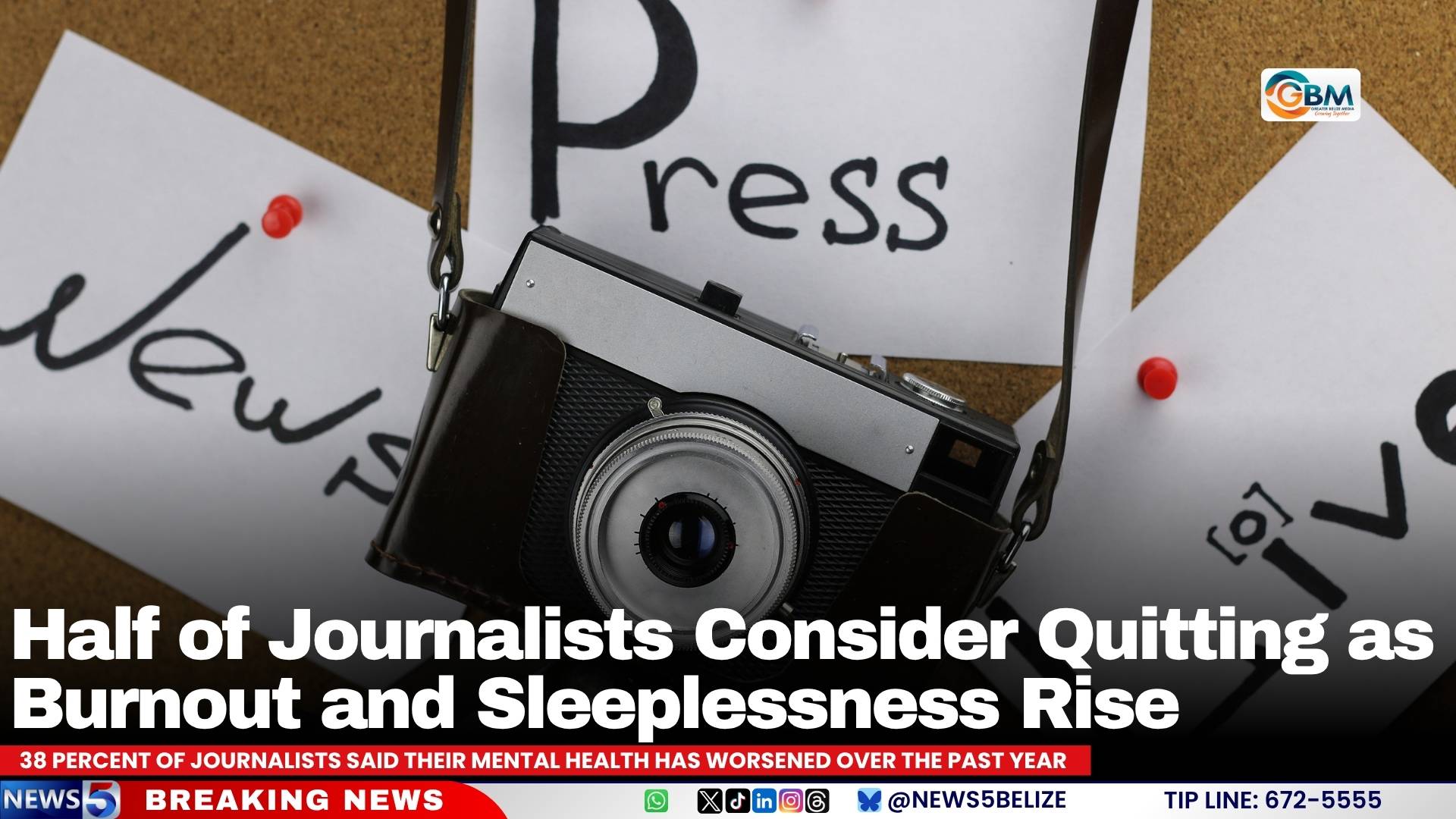A groundbreaking global study on work-life balance in journalism has unveiled a profession in turmoil, with half of journalists confessing they have contemplated leaving their jobs in the past year due to exhaustion and burnout. The 2025 State of Work-Life Balance in Journalism Report, conducted by Muck Rack, surveyed over 400 journalists worldwide, revealing a distressing scenario of stress, overwork, and declining mental health in the media industry. According to the findings, 38% of journalists reported a deterioration in their mental health over the past year, attributing this to uncertainty about the future, financial pressures, and overwhelming workloads. Additionally, 42% have previously resigned from a position due to burnout, highlighting how persistent stress continues to drive talent away from newsrooms. Sleep deprivation is another significant issue, with 58% of journalists getting six hours or less of sleep each night, and 85% stating that their inability to disconnect from work adversely affects their sleep quality. The study also found that 67% of full-time journalists work more than 40 hours a week, and 83% frequently work nights or weekends. Despite these challenges, 56% of journalists plan to remain in the field for at least two more years, even though over a third are uncertain about their long-term future in journalism. When it comes to coping mechanisms, respondents identified exercise, counseling, and supportive colleagues as their primary sources of relief. However, only 19% reported that their workplace provides mental health services. The report also sheds light on shifting attitudes toward work flexibility, with 60% of journalists currently working remotely and nearly half expressing a preference for a hybrid work model. Nonetheless, issues related to workload and rest persist. Although many journalists are entitled to vacation, the study indicates that most do not utilize all their paid time off, primarily due to staff shortages, tight deadlines, and the fear of falling behind.
